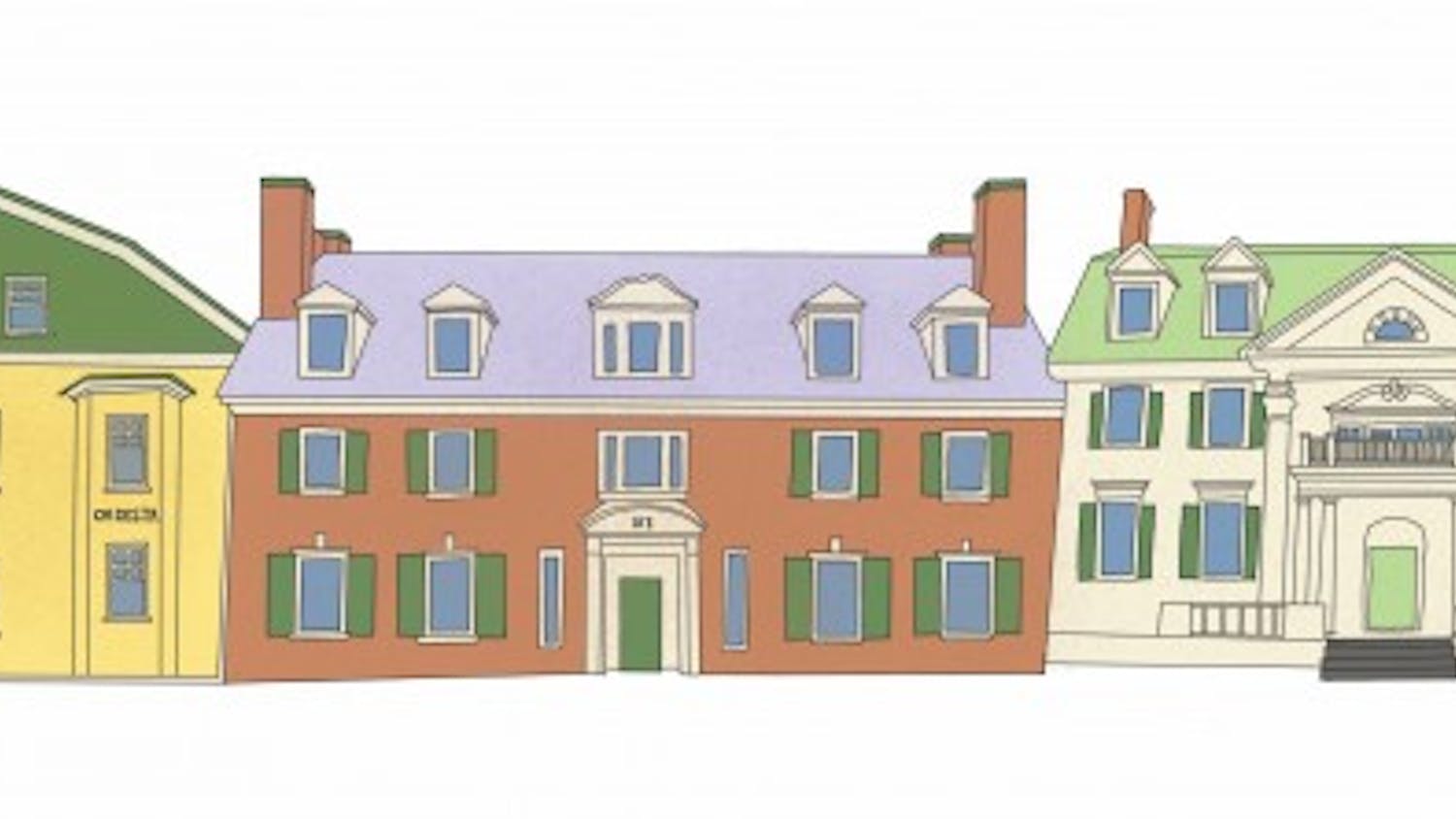I spent the summer before Dartmouth in a constant state of buoyancy. I was finally done with high school, which meant I was finally free to do whatever I wanted in college. The possibilities felt endless. I told myself, as Carey Mulligan did in “An Education”: “I’m going to read what I want and listen to what I want, and I’m going to look at paintings and watch French films and I’m going to talk to people who know lots about lots.” Early on, I set my heart on economics and comparative literature double-majors and a minor in music with the kind of confidence of someone who knew nothing. The D-Plan, with all its touted flexibility, seemed like the perfect vehicle for my academic plans. And as someone who wanted as much range in her studies as possible, I thought the combination I had chosen was perfect.
As soon as I actually began venturing into those three fields, however, I found out I didn’t want to commit to any of them beyond taking a few classes out of interest. That discovery threw me off balance. What could I study that would challenge me and allow me to wholeheartedly commit my passion and time?
Luckily, I discovered something else about Dartmouth: The liberal arts system gives students all four years of college to figure out what to study. Although we technically have to declare a major by the winter of sophomore year, nothing is set in stone. I took LING 01, “Introductory Linguistics” my sophomore fall and absolutely loved it. I ended up declaring a linguistics concentration in the quantitative social science major — two fields I hadn’t even known about the year before. Exploring unfamiliar departments led me to an unexpected academic major.
As it turns out, I wasn’t the only one — a senior in my LING 01 class took multiple linguistics courses for the next three terms as new additions to his major. I have friends who have switched from the pre-health track to computer science or government; who decided to study engineering at the end of their junior year; and who tacked on a second major or minor their senior year. Four years at Dartmouth is a lot longer than you’d expect, and you can make the most of it by staying open-minded.
I’ve found this to hold true on occasions beyond academics, too. During my freshman year, I hadn’t considered affiliation at all. I wasn’t interested in Greek life and knew nothing about the rush process; I firmly believed that I would remain unaffiliated for the rest of my time at Dartmouth. Over the course of my freshman spring and sophomore fall, however, I talked to many affiliated upperclassmen I admired and learned how Greek life at Dartmouth differs greatly from the sororities I was familiar with back home in the South. I ultimately joined a sorority that made me feel comfortable and supported, and it’s where I’ve made some of my closest friendships. I wouldn’t have had this experience if I had maintained my freshman-year attitude toward Greek life.
On a similar note, finding your friends can also take time. Many freshmen grow close to their Trippees or their roommates, but don’t feel pressured to become best friends with everyone on your floor just because you want to fit in immediately. I met many wonderful people during my freshman year, including classmates, teammates and peers who shared my interests, as well as well-meaning upperclassmen. It wasn’t until my sophomore year, however, that some of my deepest friendships with these acquaintances truly began to develop. Many of these friendships are ones that I would never have expected to make before college, but now, I cherish them.
Try to keep an open mind, and you’ll be surprised by how far it takes you. I’ve asked professors if I could do research or take classes with them and emailed supervisors about student jobs.If you want to do something, the answer, more often than not, is “yes.” People will give you the resources and mentoring you need to succeed if you’re willing to put in your time.
Being ambitious is admirable — if your childhood dream is to become a doctor, then by all means, stay on the pre-health track. But what I’ve learned here, over and over again, is that deviating from previous expectations has only enhanced my college experience. I wouldn’t have met as many people or learned nearly as much if I had stuck to the plans I had made when I was 18. Don’t be afraid to try new things. Join a dance or acapella group, even if you’ve never performed on stage before. Think of your first year at Dartmouth as a number of different doors. Open as many as you wish; you can always close those doors later.
Deviating from previous expectations was the best thing I could have done for my college experience. What you’ll find is that your Dartmouth experience is quite malleable. Let things that spark your interest and keep your passion drive your decisions, even if it isn’t what everyone else is doing. You might find that the paths that Dartmouth’s defined don’t suit you well enough — if that’s the case, you’re more than prepared to carve out your own.
This article is a part of the 2019 Freshman Issue.



